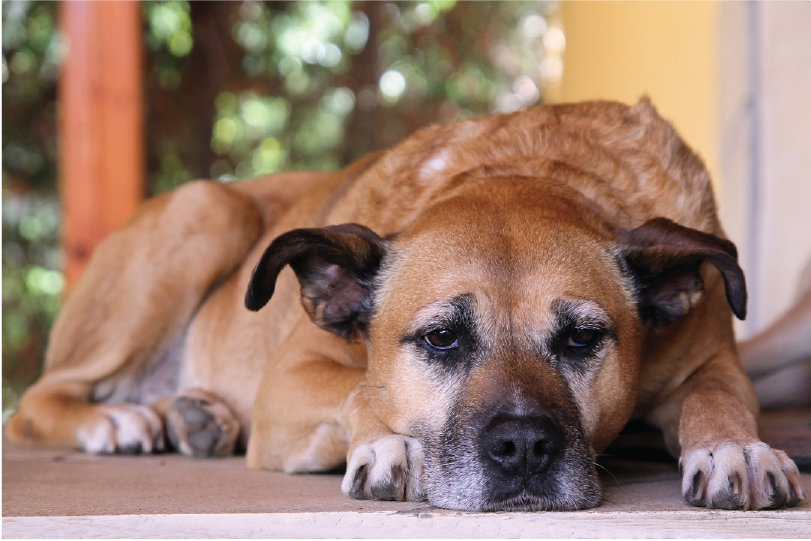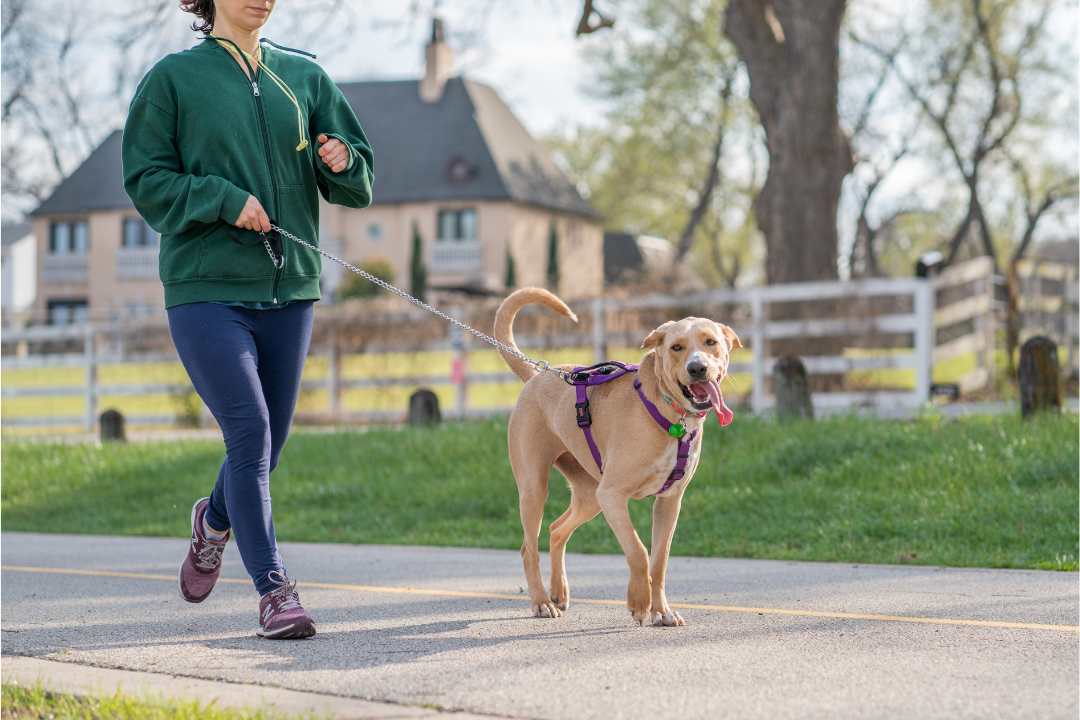
As dog owners, we love our furry friends and want to provide them with the best possible care. Unfortunately, just like humans, dogs can suffer from cognitive decline as they age. Canine cognitive dysfunction, also known as doggy dementia, is a progressive brain disease that can cause behavioural and cognitive changes in senior dogs.
Watching our furry friends get older is tough, but it’s even more heartbreaking when we see them struggle with dementia. While there is no cure for doggy dementia, there are steps you can take to reduce the risk of developing the disease and improve your furry friend's quality of life.
As our dogs age, it's essential to watch out for any changes in their behaviour that could indicate dementia. Dogs with dementia can get lost in their own home, walk towards the hinge side of a door, or get stuck behind furniture or in corners of the room because they forget they have a reverse gear. Their interactions with people and other pets can also change, and they may seek less or more affection than before, or start to get grumpy with their once-happy housemates. Additionally, they may forget faces they have known all their lives, sleep more during the day, and be up more at night.
If you suspect your dog has dementia or is showing any signs of cognitive dysfunction, consult your veterinarian for the best course of action. They may prescribe medication to improve your furry friend's quality of life. While there is no cure for doggy dementia, medication can help reduce the signs and improve quality of life.
A study, which gathered data from over 15,000 dogs as part of the Dog Aging Project, found that less-active dogs were almost 6.5 times more likely to have dementia than dogs that were very active. While it's not clear if exercise can protect against dementia in dogs with early signs of the disease, we do know that it can reduce the risk of dementia in humans. So, taking our dogs for regular walks is not only good for their physical health but may also help reduce their risk of cognitive decline.

Walking your dog is a great way to provide them with exercise, fresh air, and mental stimulation.Consider shorter walks, slower paces, and different terrains to accommodate your furry friend's needs. You can also incorporate mentally stimulating activities like sniffing games, hide and seek, or puzzle toys into your walk to help keep their minds sharp.
In addition to exercise, there are other steps you can take to reduce the risk of your furry friend developing dementia. Providing a healthy, well-balanced diet and keeping them at a healthy weight can help reduce the risk of developing other health problems, which can contribute to cognitive decline. Regular vet check-ups are also essential to catch any health problems early and address them before they become more severe.
In conclusion, as our furry friends age, it's important to be vigilant and watch for any signs of cognitive decline, such as doggy dementia. While there is no cure, there are steps you can take to reduce the risk of developing the disease and improve your furry friend's quality of life. Regular exercise, a healthy diet, and regular vet check-ups are all essential components of a happy, healthy, and dementia-free life for your furry friend. So, get out there and take your furry friend for a walk, and know that you're doing your part to help prevent doggy dementia.
